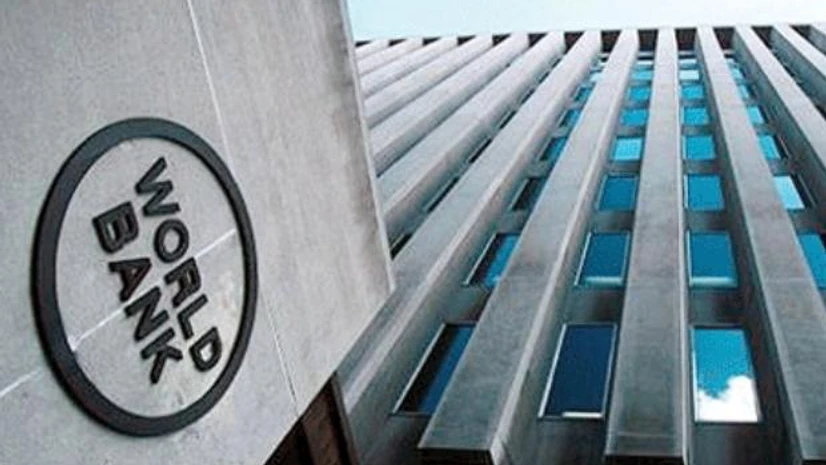The World Bank on Tuesday approved USD 800 million in financing for two programs in Pakistan--the Pakistan Program for Affordable and Clean Energy and the Second Securing Human Investments to Foster Transformation.
A World Bank (WB) release said that the USD 400 million Pakistan Program for Affordable and Clean Energy (PACE) focuses on measures to improve the financial viability of the power sector and support the country's transition to low-carbon energy.
"Power sector reforms are critical to resolving Pakistan's fiscal challenges," said Rikard Liden, World Bank Task Team Leader for the PACE program. "Decarbonizing the energy mix will reduce the dependence on fossil fuel imports and vulnerability to price fluctuations because of movement in exchange rates. PACE prioritizes action on such reforms, which must be sustained to address circular debt and set the power sector on a sustainable path."
The release said the USD 400 million Second Securing Human Investments to Foster Transformation program (SHIFT II) supports a federal structure to strengthen basic service delivery for human capital accumulation.
The program will help improve health and education services, increase income-generation opportunities for the poor, and promote inclusive economic growth.
Also Read
"Strengthening services that build human capital in a coordinated manner between provincial and federal authorities, along with improved targeting of social safety nets, will better support families to recover from the COVID-19 crisis, and pave the way for more robust crisis preparedness in the future," said Tazeen Fasih, World Bank Task Team Leader for the SHIFT II program.
Najy Benhassine, WB Country Director for Pakistan said, "The reforms underpinning PACE and SHIFT can contribute to facilitating sustainable investments and generate welfare gains for those most in need."
Pakistan has been a member of the World Bank since 1950. Since then, the World Bank has provided $40 billion in assistance.
(Only the headline and picture of this report may have been reworked by the Business Standard staff; the rest of the content is auto-generated from a syndicated feed.)

)
